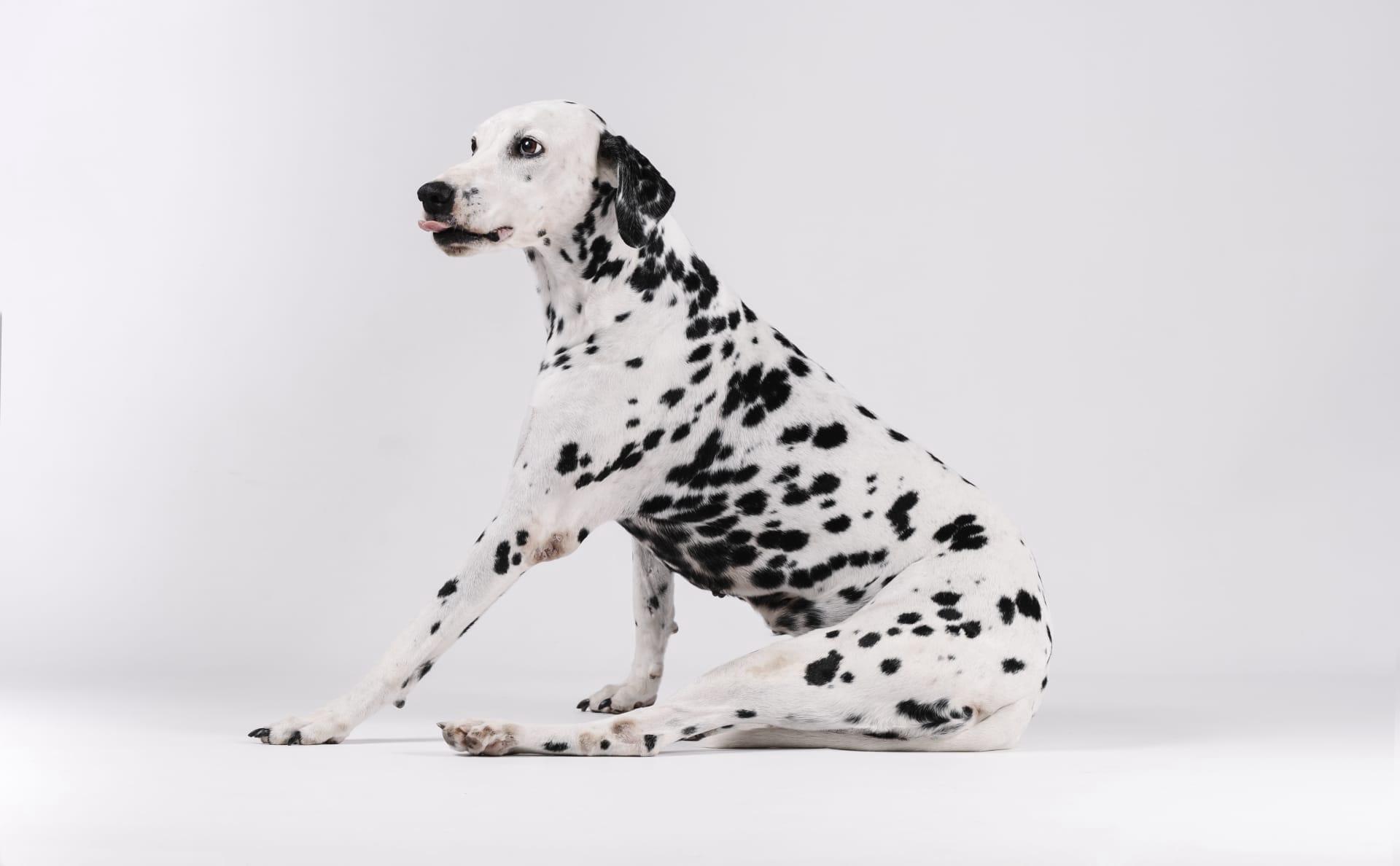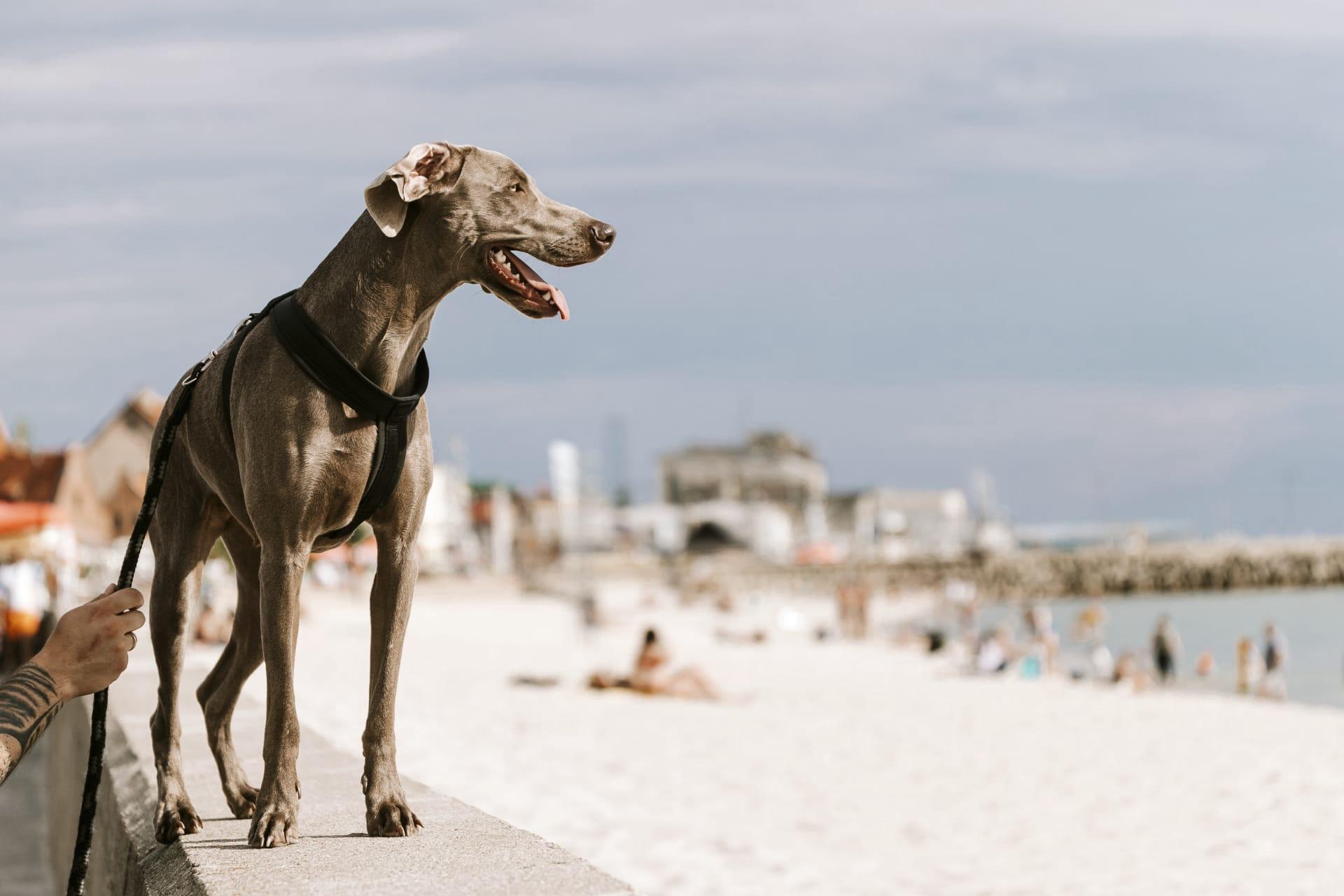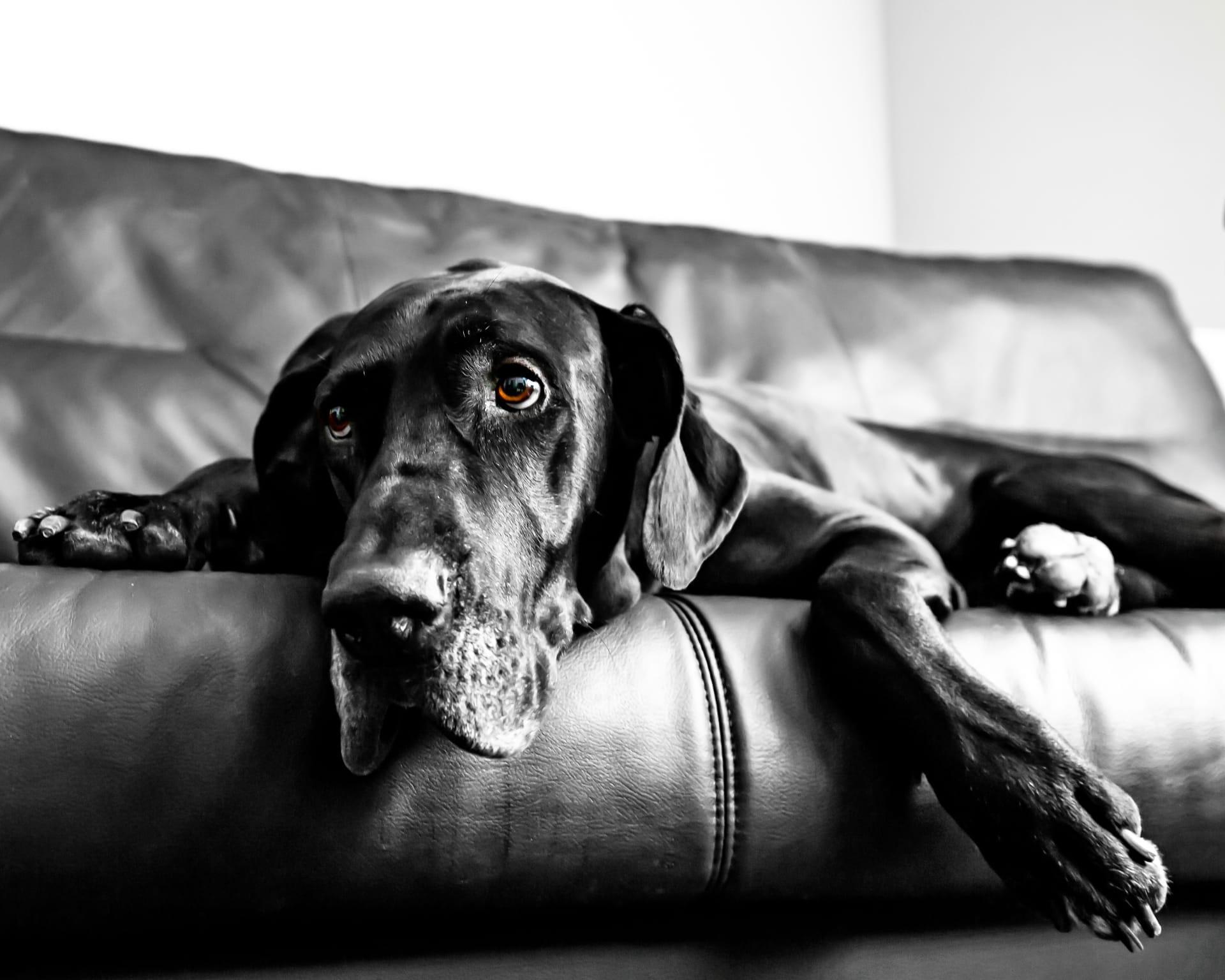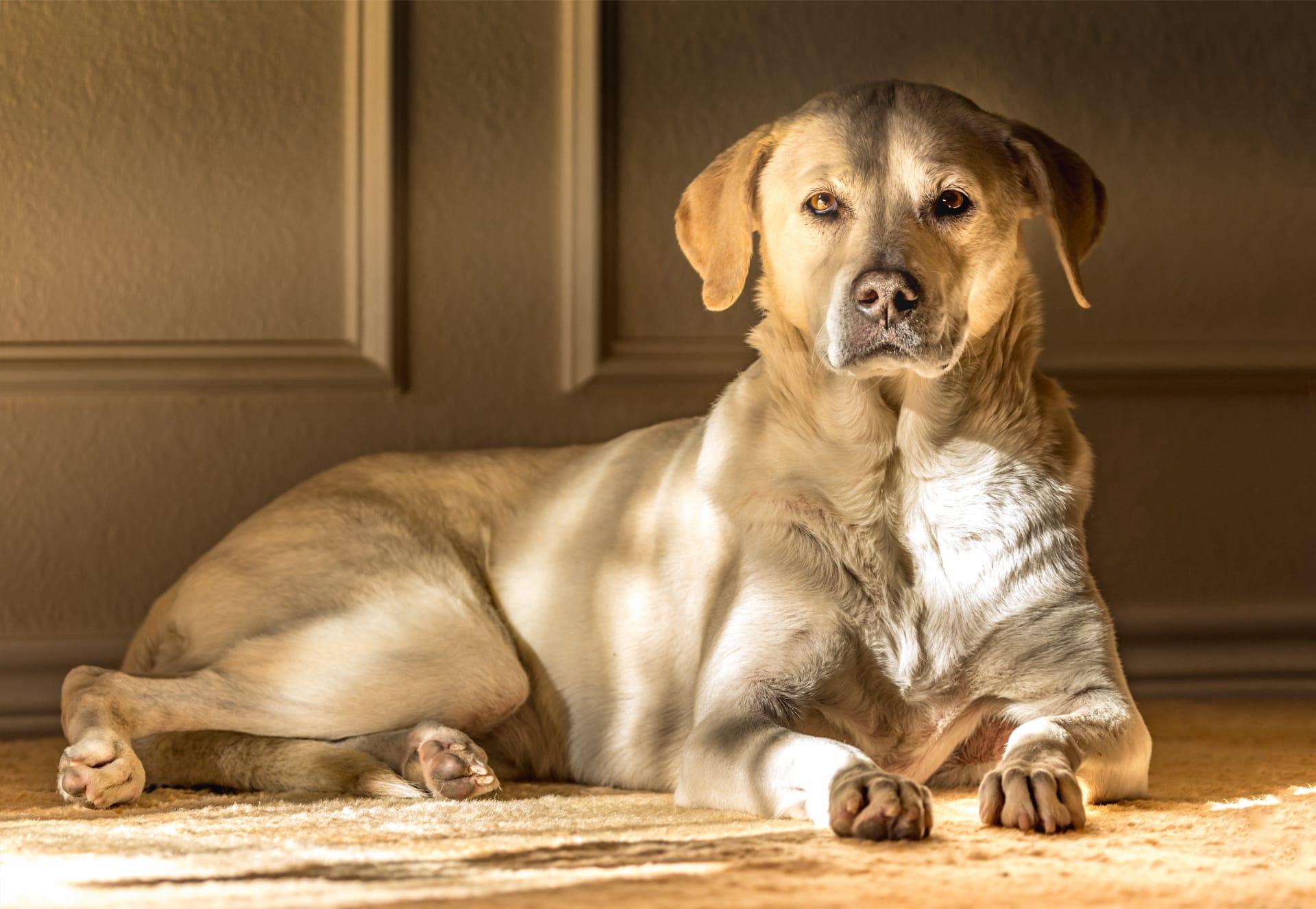Great Dane Trivia
- Home /
- Trivia Question /
- Animal /
- Great Dane Trivia
1
Question: How large can a Great Dane grow, and what are the typical weight and height ranges for this breed?
Answer: Great Danes are renowned for their imposing size. Typically, males can reach heights of 30 to 34 inches at the shoulder, while females are slightly smaller, standing at 28 to 32 inches. When it comes to weight, a healthy male Great Dane can weigh between 140 to 175 pounds, and females usually weigh around 110 to 140 pounds. Their size is a defining characteristic, making them one of the tallest dog breeds in the world.
Question: What is the average lifespan of a Great Dane, and what health issues are they prone to?
Answer: Great Danes have a shorter lifespan compared to smaller breeds, usually living between 7 to 10 years. They are prone to specific health issues, notably cardiomyopathy (a condition affecting the heart muscle), hip dysplasia (a malformation of the hip joint leading to arthritis), and bloat or gastric torsion, a life-threatening condition that requires immediate veterinary attention. Regular health check-ups and a balanced diet are crucial for their well-being.

2
Question: Are Great Danes good with children and other pets?
Answer: Despite their formidable size, Great Danes are known for their gentle and loving nature. They are typically great with children, showing patience and affection. However, due to their size, supervision is advised, especially with younger children. They can also get along well with other pets, especially if socialized from a young age. Training and socialization are key in developing these positive behaviors.
Question: Is it true that Great Danes require a lot of space and are not suitable for apartment living?
Answer: This is a common misconception. Great Danes can adapt to apartment living quite well, provided they get sufficient exercise and mental stimulation. They are surprisingly low-energy indoors and often enjoy lounging around. However, they do require regular exercise like walks or playtime in a securely fenced area to maintain their health and happiness.

3
Question: How much exercise does a Great Dane need daily, and what kind of activities are best suited for them?
Answer: Great Danes require moderate exercise to maintain their health. About 30 to 60 minutes of daily exercise, such as walks, play sessions, or gentle training exercises, is usually sufficient. They enjoy activities like leisurely walks, fetching games, and obedience training. It's important to avoid intense exercise, especially in young dogs, to prevent stress on their developing bones and joints.
Question: What is the grooming requirement for a Great Dane, considering their short coat?
Answer: Great Danes have a short, smooth coat that is relatively easy to maintain. Weekly brushing is generally sufficient to keep their coat healthy and to reduce shedding. They only need occasional baths unless they get particularly dirty. Regular nail trimming, ear cleaning, and dental care are also important parts of their grooming routine to prevent common health issues.

4
Question: How intelligent and trainable are Great Danes, and what training methods work best with them?
Answer: Great Danes are intelligent and generally eager to please, making them fairly trainable. Positive reinforcement techniques, like treats and praise, work best for training them. They respond well to consistency and gentle guidance. Early socialization and training are important to ensure they grow into well-mannered adults, especially given their large size.
Question: Do Great Danes have a high tendency to bark or become aggressive?
Answer: Great Danes are not known to be excessive barkers. They may bark to alert their owners of something unusual but are generally quiet. As for aggression, they are typically gentle giants. However, like any breed, individual temperament can vary, and appropriate training and socialization from an early age are vital in promoting a well-adjusted temperament.

5
Question: What type of diet is most suitable for a Great Dane, and are there any specific nutritional considerations?
Answer: Great Danes require a well-balanced diet formulated for large-breed dogs. It's important to monitor their growth, especially as puppies, to ensure they are not growing too quickly, which can lead to bone and joint problems. Their diet should be rich in high-quality protein with appropriate levels of calcium and phosphorus. Avoid overfeeding, as obesity can exacerbate health issues like hip dysplasia.
Question: Are Great Danes prone to separation anxiety, and how can it be managed?
Answer: Great Danes can develop separation anxiety, especially if left alone for long periods regularly. They thrive on companionship and can become distressed when isolated. To manage separation anxiety, gradual training to get them used to being alone, providing mentally stimulating toys, and ensuring they get plenty of exercise and attention when you are home can help mitigate this issue. In severe cases, consulting a professional dog trainer or behaviorist is advisable.